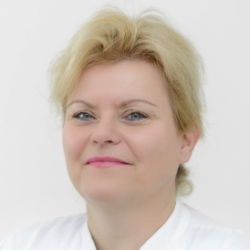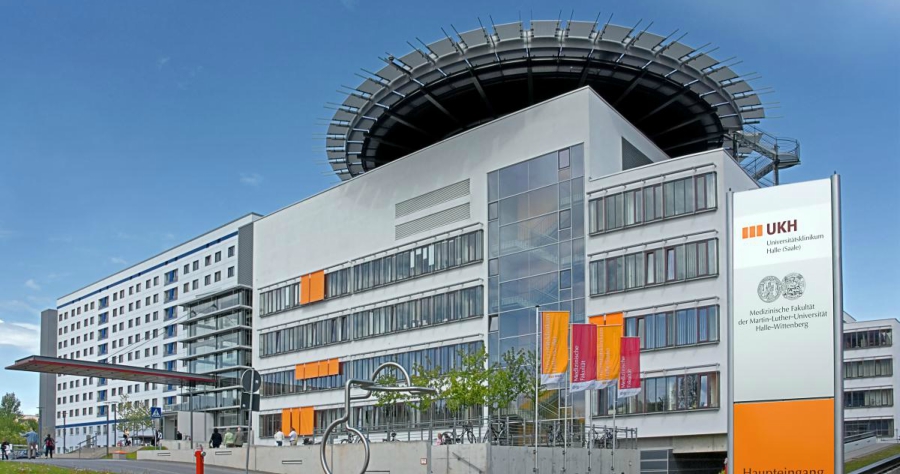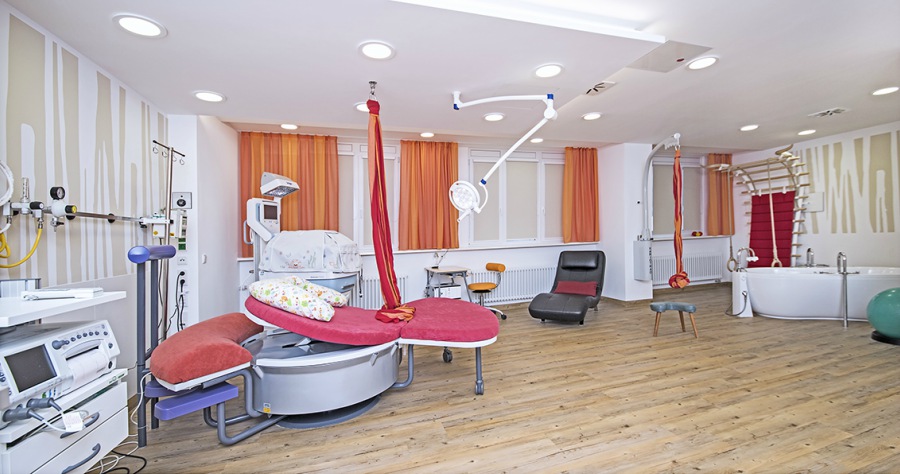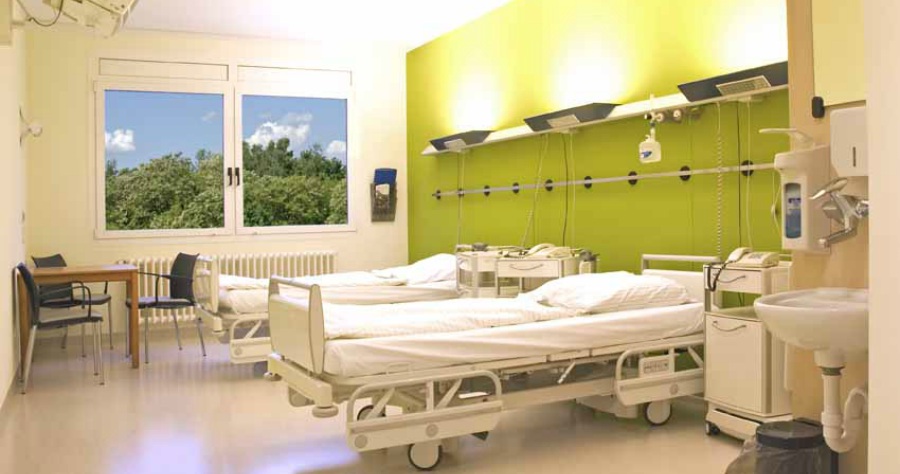University Hospital Halle (Saale)
![]() Halle (Saale), Germany
Halle (Saale), Germany
Treatment of Angina pectoris with Coronary artery bypass surgery
- Initial consultation with the doctor
- clinical examination
- review of medical records
- laboratory tests:
- complete blood count
- biochemical analysis of blood
- lipid profile
- kidney function test
- metabolic status
- hormonal analysis
- cardiovascular disease risk markers
- general urine analysis
- ECG
- chest X-ray
- stress echocardiography
- graded exercise stress test
- myocardial perfusion scintigraphy (if indicated)
- coronary artery calcium (CAC) score by fast CT
- electron-beam computed tomography (EBCT)
- CT coronary angiography
- nursing services
- consultation with cardiologist
- consultation with related specialists
- symptomatic treatment
- cost of medicines
- pre-operative workup
- coronary artery bypass surgery
- post-operative analysis
- treatment by leading expert
- full hospital accommodation
- explanation of an individual treatment plan
- written prescription
Department of Cardiac Surgery

Head of the Department
PD Dr. Britt Hofmann
Department of Cardiac Surgery at University Hospital Halle (Saale) provides surgical care for patients with cardiovascular diseases. The department focuses mainly on minimally invasive techniques to ensure the best operation outcome. The department works in close cooperation with...
Read MoreAbout University Hospital Halle (Saale)
University Hospital Halle (Saale) (UKH) was founded in 1694 and ever since it has been one of the best hospitals in Germany as it was recognized by the FOCUS Magazine as one of the top facilities in 2019. The UKH provides the medical care for patients in need of conservative and surgical treatment in the area of southern Saxony-Anhalt. The hospital is known for its great reputation and quality care as it is in close cooperation with the Medical Faculty of the Martin Luther University of Halle-Wittenberg.
The University Hospital Halle (Saale) consists of 982 beds where nearly 42,000 inpatients are treated every year. The hospital also offers its service on an outpatient basis where more than 195,000 outpatients are cared for annually. The hospital has an Emergency Center that is considered the largest in the region as it treats more than 40,000 patients every year. The hospital has also a teaching unit where about 2,200 students are provided with theoretical and clinical knowledge.








.jpg)